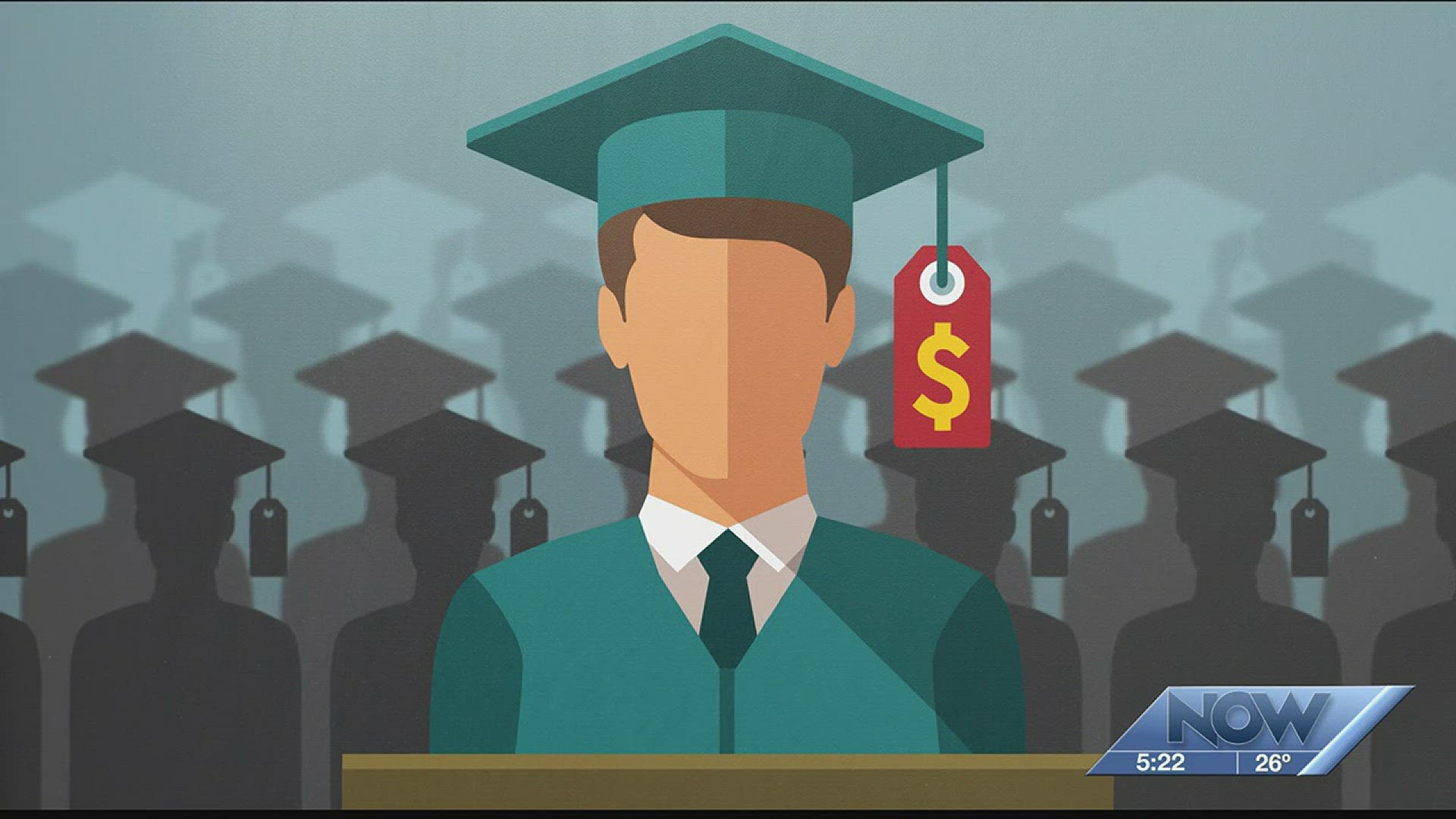We’ve amassed a mountain of student loan debt. More than $1.4 trillion dollars owed nationwide.
An average of more than $32,000 for every person paying for their own education. That number doesn't include parents who borrow on behalf of their children.
“The student loan is becoming the biggest obstacle for success,” says Claude Rwaganje, founder of Community Financial Literacy in Portland.
He helps people navigate the finance world from budgeting to banking and encourages many to refinance their student loans.
Let’s say you owe $30,000 and you’re paying 8% for 20 years.
That’s an additional $30,000, just in interest.
Refinance, even by one percentage point, and you save more than $4,400.
“It can feel overwhelming, but you just want to get organized," says Martha Johnston, Director of Education at the Finance Authority of Maine.
She says there are three steps to refinancing a student loan:
First, determine why you’re refinancing. Do you want:
- A smaller monthly payment?
- A longer term?
- A lower interest rate?
- Or to combine multiple payments into one?
“You want to be really clear with yourself why is it that you want to refinance.”
A smaller monthly payment means more money in your pocket, which helps a lot if you’re trying to buy a house.
“When it comes time to get approved, you’ll have a lower debt-to-income ratio which is a huge part of a calculation to qualify for a mortgage.”
Next step, prepare. Choose the right loan and lender.
- Do you want a fixed or variable rate?
- Variable rates are fluctuate with interest rates.
- Lenders can raise or lower payments.
- Take a look at the APR. Sometimes that’s higher than the interest rate if your loan comes with fees.
“The thing to be most aware of is refinancing scams.”
For example, if a company says it can get you the best rate and terms, but only after you pay an upfront fee. According to TheCollegeInvestor.com, you should never pay money to get money.
Last step, apply.
“Each person’s calculus, the reason that they do it, is going to be really different,” says Johnston.
Last year, 5.56% was the average rate people got when they refinanced their student loan.
However, more than half of people who tried to refinance with private lenders got denied.
It helps to have strong credit, a steady job and decent wages.
A nice perk for new parents in Maine: every baby born a resident of the Pine Tree State gets $500 for college from the Alfond Scholarship Foundation. Learn more about it, here.

